Rising inflation has made fruit and vegetable vendors in the capital Buenos Aires accustomed to seeing people searching for food in trash bins.
Sandra Boluch, a vegetable seller in Buenos Aires, said sales have been down recently. More and more people are coming to her stall, not buying, but picking up what is being thrown away.
“We have a trash can behind the counter where we throw away spoiled food. Just bring a bag of trash and 20 people will come running to find something they can salvage,” Boluch said. This used to happen, but recently the number has increased dramatically, especially among older people with no income, as inflation has increased.
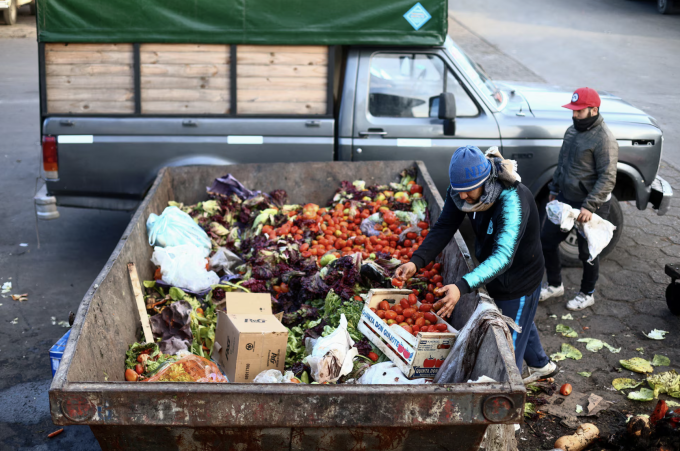
A man searches for vegetables in a trash bin at the Mercado wholesale market on the outskirts of Buenos Aires, Argentina, September 2023. Photo: REUTERS/Matias Baglietto
A February 2024 report showing that Argentina’s poverty rate rose 20 percentage points to 60% from 40% in 2023 has put pressure on President Javier Milei’s plans for reforms and spending cuts. Austerity policies such as reducing state spending, targeting subsidies for things like utilities and transportation, and seeking to streamline welfare programs have strained people’s lives.
In particular, the government also devalued the peso by more than 50% late last year, pushing inflation up, making it difficult for people of all classes to make ends meet.
Argentina is preparing to release February inflation data with an estimated monthly increase of 15.3%, down from 20% in January and 25% last month. However, officials also said that March could be "more complicated" as the economy remains sluggish, sales and production decline.
For months now, Ines Ambrosini, 62, of Argentina, has been trying to find cheap food at wholesale markets.
"Food prices are getting higher and higher, from fruits, vegetables, meat to eggs and milk. Wholesale markets can help me save more, even though I know the difference is not significant," said the 62-year-old man.
Minh Phuong (According to Reuters )
Source


![[Photo] More than 17,000 candidates participate in the 2025 SPT Competency Assessment Test of Hanoi National University of Education](https://vphoto.vietnam.vn/thumb/1200x675/vietnam/resource/IMAGE/2025/5/17/e538d9a1636c407cbb211b314e6303fd)
![[Photo] Prime Minister Pham Minh Chinh chairs meeting on science and technology development](https://vphoto.vietnam.vn/thumb/1200x675/vietnam/resource/IMAGE/2025/5/17/ae80dd74c384439789b12013c738a045)



![[Photo] Readers line up to visit the photo exhibition and receive a special publication commemorating the 135th birthday of President Ho Chi Minh at Nhan Dan Newspaper](https://vphoto.vietnam.vn/thumb/1200x675/vietnam/resource/IMAGE/2025/5/17/85b3197fc6bd43e6a9ee4db15101005b)









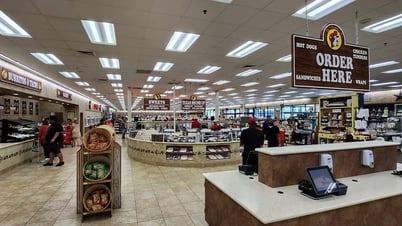





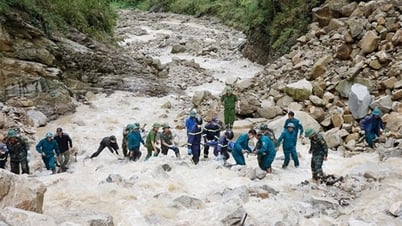













![[Photo] Nearly 3,000 students moved by stories about soldiers](https://vphoto.vietnam.vn/thumb/1200x675/vietnam/resource/IMAGE/2025/5/17/21da57c8241e42438b423eaa37215e0e)




















































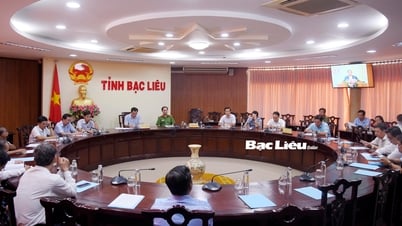
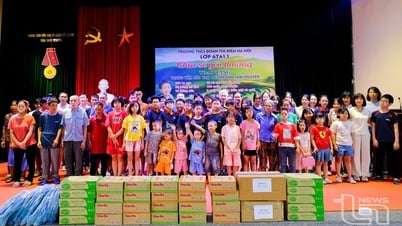














Comment (0)